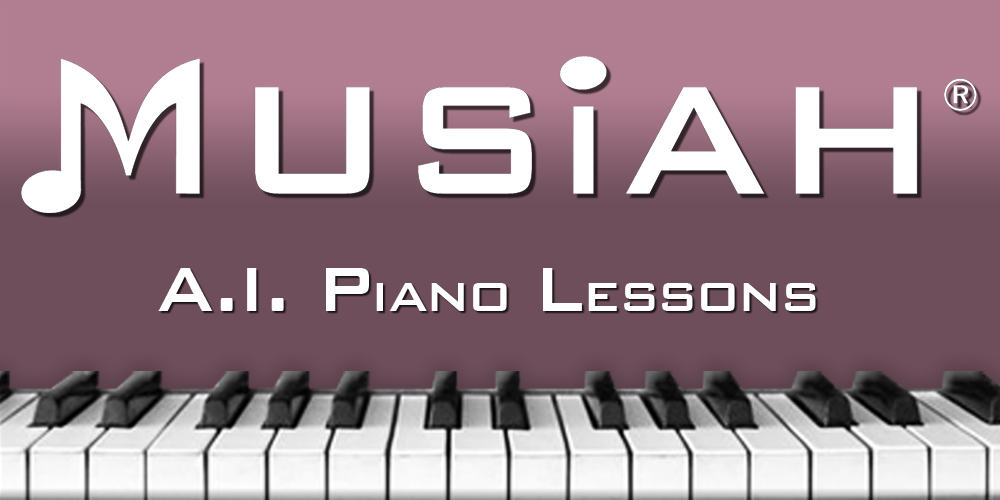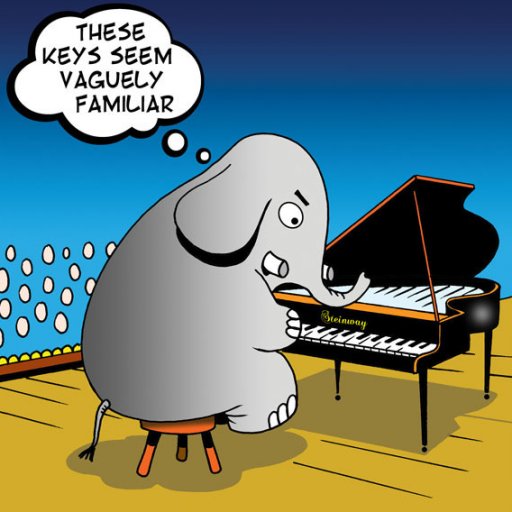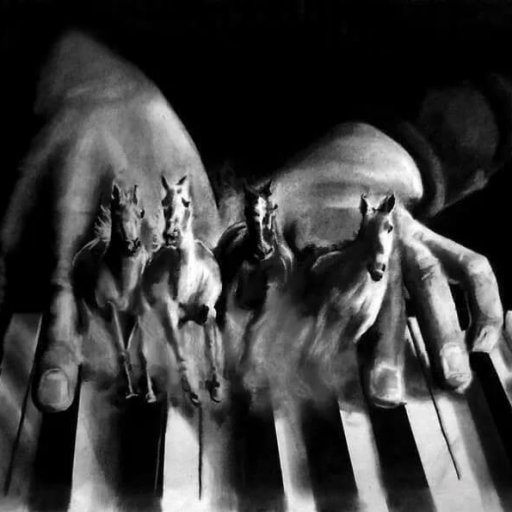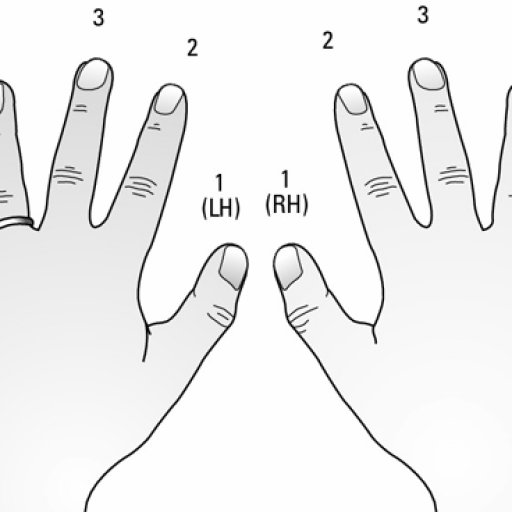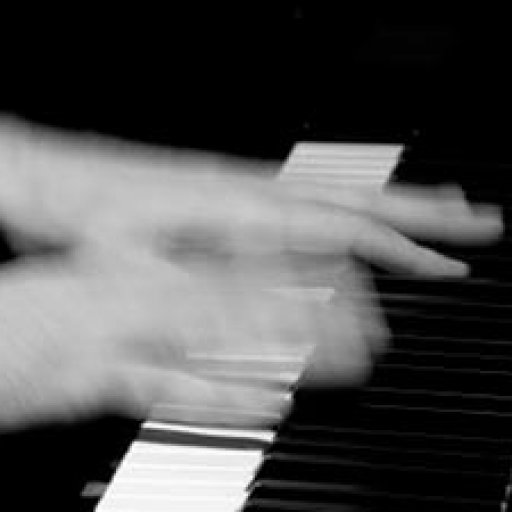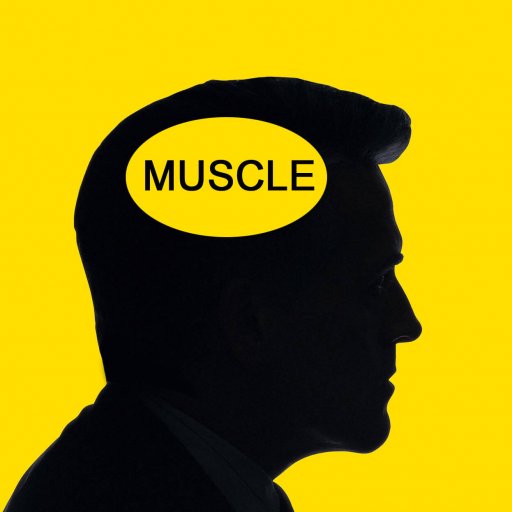Playing Piano By Ear Vs Reading Music
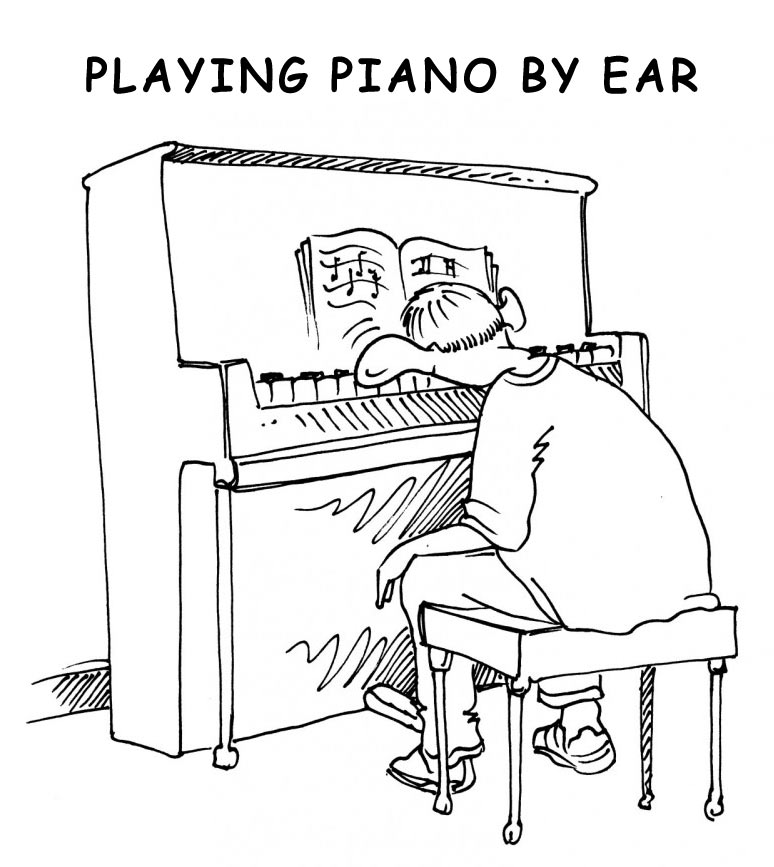
Playing piano by ear – should you do it?
Often parents are concerned if they notice their child playing piano by ear as opposed to reading the sheet music. While they realize their child is showing innate talent when they play by ear, they would also like their child to be able to read the sheet music.
Are parents right to be concerned? And which is better… reading music or playing by ear?
Which is Better – Reading Music or Playing By Ear?
Playing by ear is a great ability to have, and contrary to popular belief, the ability to play piano by ear is not confined to a rare few that have been ‘blessed’ with this gift. It’s actually something we can all do – at least to some extent – and, like any skill, playing piano by ear is any ability that can be developed over time.
What you may not realize is whenever you learn to play a piano song, you are actually learning it both ways – both by ear and by reading the sheet music.
If the song is one you have heard before, you start off with that prior knowledge of how it sounds. And as you learn the printed notes on the sheet music and find them on the piano keyboard, you naturally check whether each note you play seems correct against your inner ear - your existing knowledge of how the piece ought to sound.
On the other hand, if you have never heard the song before, as you start to learn the notes on the sheet music and play them on your piano, you naturally take note (pun intended) of how the notes sound for the first time. So from the very beginning of the learning process, you are compiling a mental picture of how this new song sounds… a ‘sound template’ against which you check the notes you play to see if they seem to sound correct.
This is a cornerstone of how all piano players learn and especially memorize each song.
My son prefers to play piano by ear, not by reading music – Is this a problem?
Returning to our concerned parents for a moment… when they notice their child is not following the sheet music, should they be concerned?
The answer is mostly no, but with a caveat. There is no cause to be concerned – as in “alarmed”. After all, using one’s ear as part of the learning process is natural and desirable.
However, it is a good idea to encourage any student (even adults) to try to keep an eye on the sheet music and follow it as they play, especially in the early stages of learning a new song.
Why? Because if a student prematurely ceases following the sheet music and checking the notes they play against the printed page, they can often mis-learn the song, i.e. learn it with some mistakes.
When this occurs, what is actually happening is the student is relying too soon on their memory of the song including their inner ear’s ‘sound template’ before their recollection and inner sound template can really be relied upon.
The right time to rely less on following the sheet music and more on one’s memory / inner ‘sound template’ is much later – near the end of the learning process.
Towards the end of the process of learning any piano song, it is natural for students to move beyond focussing on the basics of notes and timing to concentrating on more advanced aspects of performing the song such as increased tempo, playing technique, phrasing and expression, etc.
So there actually comes a point, at the very end of learning process, beyond which slavishly following the sheet music even after you have 100% memorized a song can hinder one’s ability to play it well. In that situation, you are using some of your precious power of concentration on following the sheet music when you should be devoting your full attention to performing the song.
In summary, there is a time and a place for everything. Initially, following the sheet music (as well as encouraging your natural ability to play by ear) is to be encouraged. And as you gradually gain confidence and familiarity with a song, you can start to look at the sheet music less.
What can I do to encourage the ability to play by ear?
However, there still remains the question of whether there is something extra you can do to help your child (or yourself) to develop the ability to play by ear.
The answer is yes, you can, but you don’t necessarily need to.
As using one’s ear is an intrinsic part of the learning process, a piano student’s ability to play music by ear will naturally develop over time just through the process of continually learning to play new songs.
That said, if you would like to boost your ability to play music by ear, one example of a great way to do this is to regularly use the Ear Training Games and also the Memory Training Games in the Musiah app’s Games Area.
To check out these games, launch the Musiah app, select your Student Profile and from the Main Menu, select ‘Games’.
If you are not yet a Musiah user, why not take our 14 day Free Trial and discover a whole world of fun, affordable, life-changing piano lessons and practice tools.
Til next time,
Brendan Hogan L.Mus.A, A.Mus.A.
Piano Teacher & Musiah Inventor
HELPFUL LINKS
Piano Lessons Or Keyboard Lessons – What's the difference?
Weighted Keys Vs Unweighted Keys
Equipment Needed for Musiah
MIDI Keyboard Requirements for Musiah
The 3 Different Kinds Of Keyboard Lessons
RECOMMENDED ARTICLES
Online Piano lessons – Do They Work?
Piano Lessons For Adults
Piano Lessons For Kids
Piano Lessons For Beginners
Advanced Piano Lessons
Free Piano Lessons (on piano technique)
The Best Piano Method
The Best Piano Learning App
Learning To Play Piano As An Adult – Why it's easier than you think!
